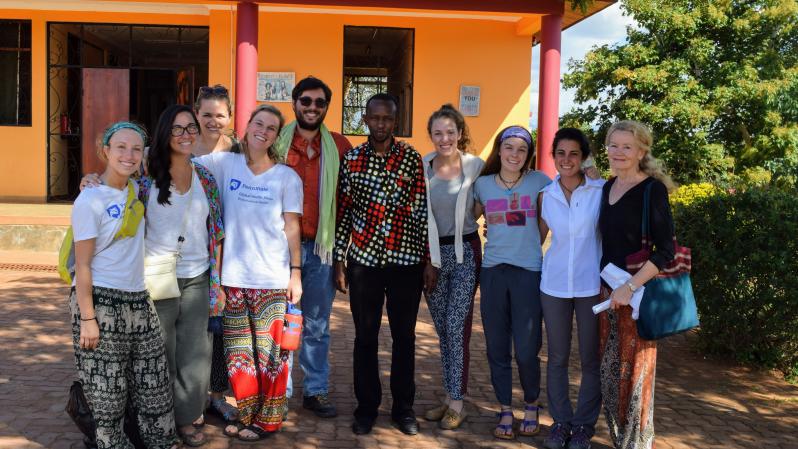-
About
ExploreUp a level (this gets replaced in JS)
-
Getting Started
Explore
-
Commitment to Diversity
Explore
-
Expertise
Explore
-
Strategic Plan
Explore
- Discover BBH
- Visit and Apply
- Contact
- Donate
-
Getting Started
-
Undergraduate
ExploreUp a level (this gets replaced in JS)
-
Getting Started
Explore
-
Student Support
Explore
-
Get Involved
Explore
-
Get Connected
Explore
-
Gain Experience
Explore
-
Diversity and Inclusion
Explore
-
Alumni Engagement
Explore
- Discover BBH
- News and Events
- Visit and Apply
- Contact
-
Getting Started
-
Graduate
ExploreUp a level (this gets replaced in JS)
-
Getting Started
Explore
-
Next Steps
Explore
-
Get Involved
Explore
-
Gain Experience
Explore
-
Diversity and Inclusion
Explore
-
Alumni Engagement
Explore
-
Visit and Apply
Explore
- Discover BBH
- News and Events
- Graduate Admissions
- Contact
-
Getting Started
-
Research
ExploreUp a level (this gets replaced in JS)
-
Ongoing Research
Explore
-
Resources
Explore
-
Get Started
Explore
-
BBH Affiliates
Explore
- Discover BBH
- News and Events
- HHD Research
- Contact
-
Ongoing Research
-
Alumni
Explore
-
Outreach
Explore
-
Contact
ExploreUp a level (this gets replaced in JS)
-
BBH Contacts
Explore
-
College Contacts
Explore
- Discover BBH
- News and Events
- Visit and Apply
-
BBH Contacts
-
Departments
Explore
-
Research Centers
Explore
-
Central Administration
Explore
-
Training and Support
Explore
- Contacts/Directory
Overview and Curriculum

Overview
The Global Health minor (GLBHL) consists of 21 credits, of which 15 credits are prescribed courses—BB H 305 Introduction to Global Health Issues (3 credits); BB H / HPA 440 Principles of Epidemiology (3 credits); BB H 390A Preparation for Global Health Experience (3 credits); and BB H 390B Global Health Fieldwork Experience (6 credits)—and 6 credits from a list of approved supporting courses spanning multiple disciplines and fields of study including anthropology, development studies, geography, nutrition, psychology and sociology. Students have the flexibility to substantially tailor, in collaboration with the minor director, the minor curriculum toward their own personal and professional interests and goals. Furthermore, by participating in a supervised fieldwork experience, either internationally or domestically, for a period of approximately five (5) weeks, students have the opportunity to translate their theoretical knowledge of global health issues and interventions into practice and learn experientially by engaging in existing community-based projects that address locally-identified needs.
Curriculum
Students who are interested in applying for the GLBHL minor are advised to consult with the minor director as soon as possible to discuss their future plans and determine whether the minor will support their career/life trajectory. Completing the minor application requires students to develop, in collaboration with the minor director and other relevant advisors, a global health study plan that includes details of the courses they intend to take for the minor. The following curriculum is a suggested guide to the sequence of courses for the GLBHL minor. It is critical that students begin the process of developing their study plan early, because of the fieldwork requirement that is necessary for all GLBHL minor students to graduate and because many of the elective supporting courses have lower level prerequisite courses.
Curriculum Guides
Recommended Curriculum for Global Health Minor
Recommended Academic Plan
Global Health (GLBHL) Minor Recommended Academic Plan at University Park
